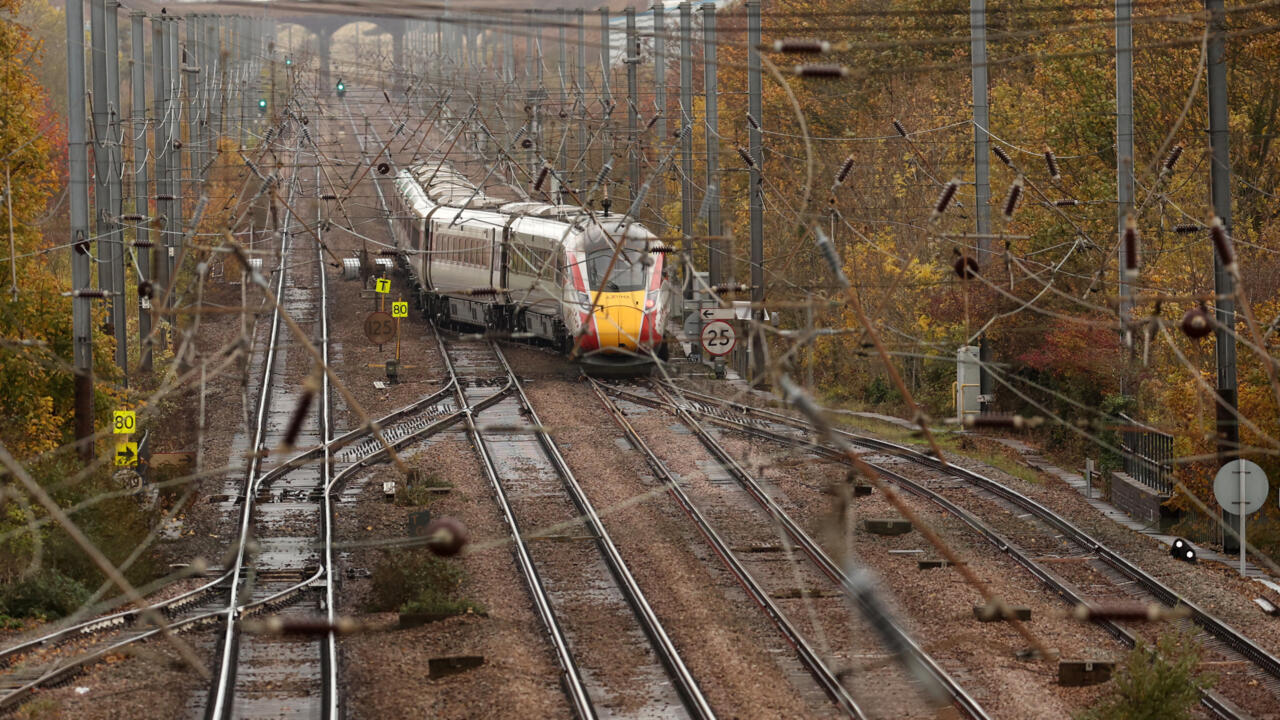A significant power outage recently disrupted daily life across Spain and Portugal, leading to widespread chaos and confusion. The incident affected millions of residents and businesses, highlighting the vulnerabilities in the electrical grid of both countries. As authorities worked to restore power, many individuals faced challenges that underscored the impact of such outages on modern society.
The power failure happened at the busiest time of day, causing numerous homes to be without electricity and resulting in the closure of many businesses and public services. Various public transit systems like trains and buses faced delays and stops, leaving many passengers and travelers stuck. In city regions, the power cut also impacted traffic lights, creating dangerous situations for both drivers and walkers.
In addition to transportation disruptions, the outage had a significant impact on hospitals and emergency services. Medical facilities rely heavily on electricity for life-saving equipment and patient care. Many hospitals had to activate emergency protocols to ensure the safety of their patients, which included relying on backup generators and prioritizing critical care. The strain on emergency services was palpable as they worked to manage the fallout from the outage.
As news of the power failure spread, concerns began to mount regarding the underlying causes. Energy officials indicated that the outage was the result of a technical failure within the electrical grid, compounded by increased demand during a period of extreme weather. The spike in temperatures led to higher energy consumption, particularly for air conditioning, which placed additional strain on the already overburdened system.
Officials from both countries launched investigations to determine the specific factors that contributed to the outage. Understanding the root cause is essential for preventing similar incidents in the future. Experts emphasized the need for infrastructure upgrades and investment in renewable energy sources to enhance the resilience of the electrical grid. As both Spain and Portugal move towards more sustainable energy solutions, addressing vulnerabilities in the current system will be critical.
In the aftermath of the outage, communities came together to support one another. Neighbors checked in on each other, and local organizations mobilized to provide assistance to those most affected. The sense of solidarity amidst the chaos served as a reminder of the importance of community in times of crisis. Many residents shared their experiences on social media, highlighting the challenges they faced while also expressing gratitude for the support they received.
This incident has sparked discussions about energy consumption and the importance of preparedness for future outages. As climate change continues to impact weather patterns and energy demand, both Spain and Portugal must consider strategies to adapt their energy systems. This includes investing in energy efficiency initiatives and encouraging responsible consumption among citizens.
Looking ahead, policymakers are faced with the challenge of ensuring a reliable and resilient energy supply. As both nations work to modernize their infrastructure, collaboration among government agencies, energy providers, and citizens will be essential. By fostering a culture of preparedness and investment in sustainable energy, both countries can mitigate the risks associated with power outages in the future.
In summary, the latest blackout in Spain and Portugal highlights the vulnerability of current infrastructure. Despite the immediate disruptions, the situation has initiated crucial discussions on energy resilience and communal aid. As both nations strive to bounce back and gain insights from this event, their main goal will be to strengthen their energy grids against future obstacles and secure the welfare of their populations.





:format(jpg)/f.elconfidencial.com%2Foriginal%2Fb4b%2F704%2F3a9%2Fb4b7043a96f4f72460b218db5912e73f.jpg)